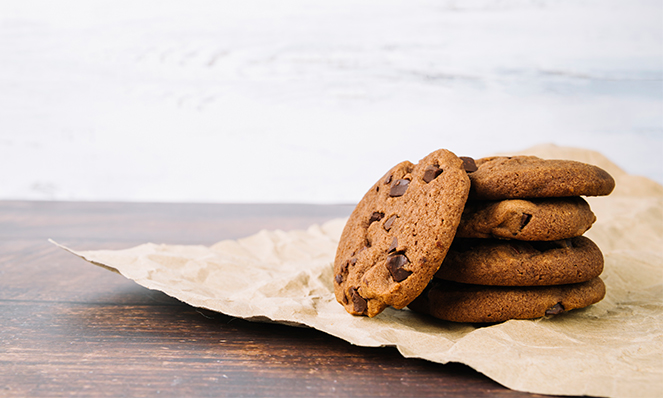It’s “just the icing on the cake”, and perhaps man’s sweetest (but most misunderstood) enemy. We certainly can’t help but share an undeniable love-hate relationship with sugar. And with all the questions surrounding our intake—Is raw sugar healthier than processed sugar? Will a switch to ‘sugar-free’ allow us to shred the extra pounds? And most importantly, just how bad is sugar? We debunk four major sugar myths:
MYTH #1: Avoid sugar at all costs.
Sugar is often made out to be the public enemy when it isn’t. In fact, we all need sugar. When consumed, sugar is broken down from a carbohydrate into glucose. The latter is then used to fuel our bodies immediately, or stored in our muscles for future use. What we should avoid, is over-consuming calories in sugar-dense foods.
Once digested, sugar leads to spikes in our blood sugar levels. When we lose this sugar rush, we tend to feel lethargic. This prompts us to crave the next ‘quick fix’, thus increasing the likelihood of over-consuming more than we actually need.

MYTH #2: Good sugars are different from bad sugars.
Or so we tell ourselves. The bitter truth is that all sugars bear the same effect on our bodies. White or brown sugar, honey, the sugar in our bananas… These are all broken down into glucose. The difference? Processed sugars like white and brown sugar have been stripped of other nutrients, while naturally occurring sugars in fruits come with their vitamins and essential fibre. Make a note of nutritional labels and keep a look out for natural alternatives with lower sugar content. While it’s perfectly acceptable to enjoy a chocolate chip cookie, give yourself a daily sugar limit and try your best to stick to it!
MYTH #3: Sugar causes diabetes.
Similarly, the direct cause of diabetes is not sugar. When calories are not expanded, body fat accumulates. This can lead to insulin resistance, which prevents excess glucose from being absorbed into the bloodstream. Other factors such as genetics, environmental triggers and inactive lifestyles may also contribute to it.
MYTH #4: Going ‘sugar-free’ is the healthier option.
Tempted as we may be to lay hands on ‘sugar-free’ alternatives, these fancy-sounding replacements sometimes contain chemicals that may induce further inflammation or damage beneficial gut bacteria. Studies conducted on the effects of diet soda have pointed to instances of weight gain among participants instead of weight loss. A trimmer alternative for weight-watchers might just be to monitor overall calorie intake.
Click here to go back to the WhiteCoat blog for more articles on nutrition and wellbeing.


